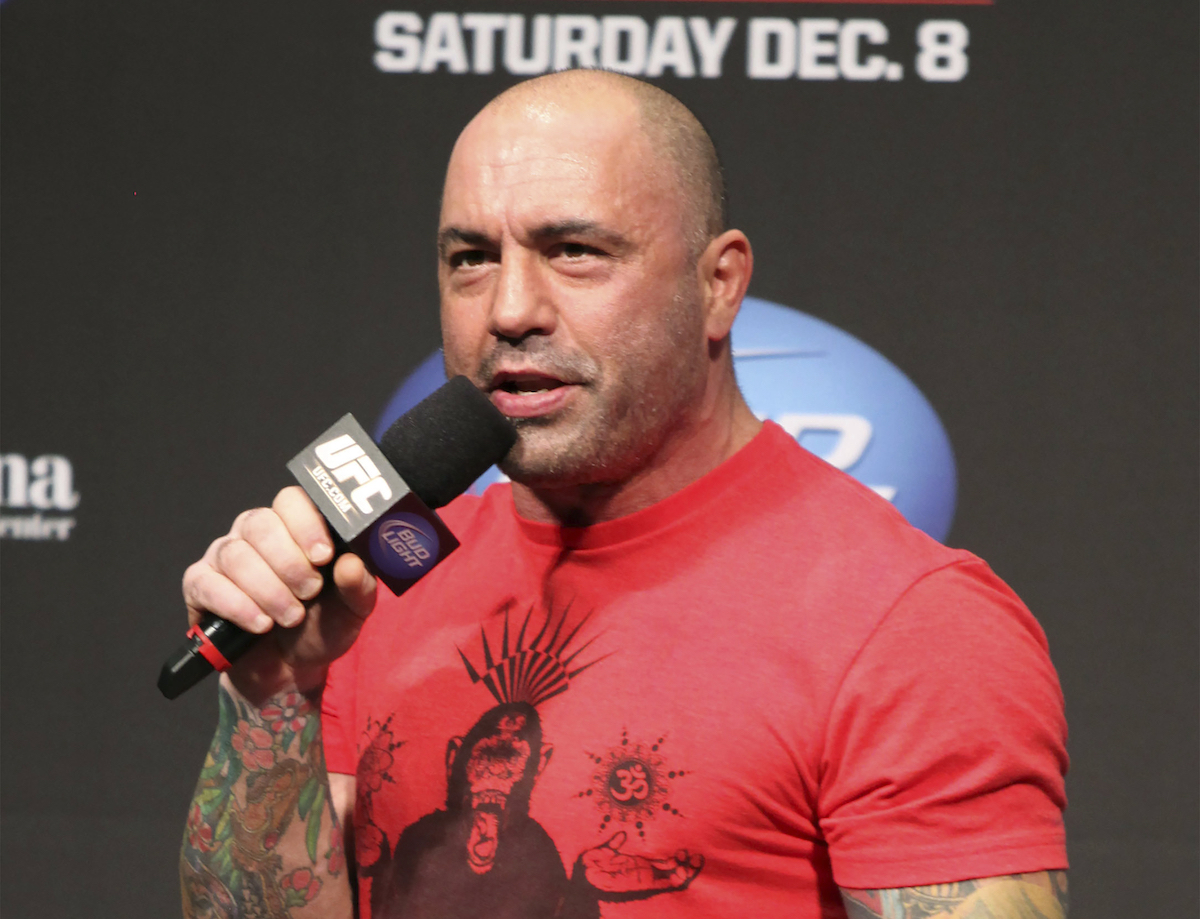
Why we need more O’Rourke Conservatives
February 16, 2022 • by Anthony Sacramone
So by now you’ve heard that P.J. O’Rourke, journalist, essayist, and, of course, humorist, has died at the age of 74. Those who knew him and those who read him have been pouring out encomia like so much best-for-last wine. Continue Reading...








